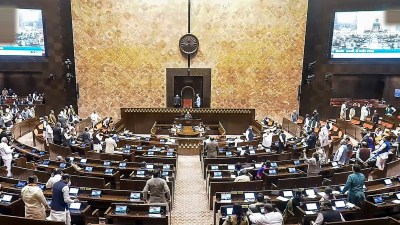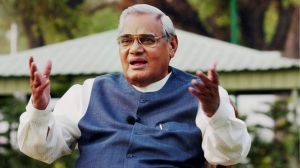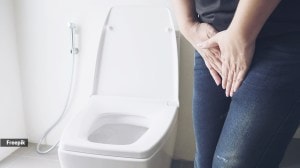Sat-channels impose self-ban on liquor ads
Satellite channels, through a voluntary draft code of conduct for alcohol and liquor ads, have decided to impose a self-ban on liquor ads be...

Satellite channels, through a voluntary draft code of conduct for alcohol and liquor ads, have decided to impose a self-ban on liquor ads between 6 a.m. and 9 p.m. This is being done in response to government8217;s concern on the issue and to reduce exposure to 8220;impressionable minors8221; to such ads.
The code also proposes that no liquor ad should target, by words or illustration, underage consumers below the age of 18. The code also seeks to bar liquor ads that imply that consumption of alcohol is necessary for a certain lifestyle, business, sexual or social success.
Testimonials and endorsements from well-known personalities in ads is also proposed to be curtailed, but this does not apply to the professional models in ads.
On surrogate advertising, the code proposes to link the scale of advertising to the scale of products and services available in the market.
BBC-Star TV set to break sales deal: BBC World Tel is 8220;highly unlikely8221; to renew its sales deal with Star TV when the present marketing and advertising contract formally ends on August 31. Instead BBC will set up its own airtime sales operation for Asia.
This is being done to avoid any future conflict of interest between the two satellite channels. BBC is said to be concerned with Star TV8217;s aggressive expansion activities, including the launch of Star News, a round the clock news and current affairs channel.
BBC proposes to set up its own airtime sales offices across Asia to better control all areas of its business, and to generate greater revenues.
BBC is currently viewed by an estimated 16 million homes across Asia.
- 01
- 02
- 03
- 04
- 05































